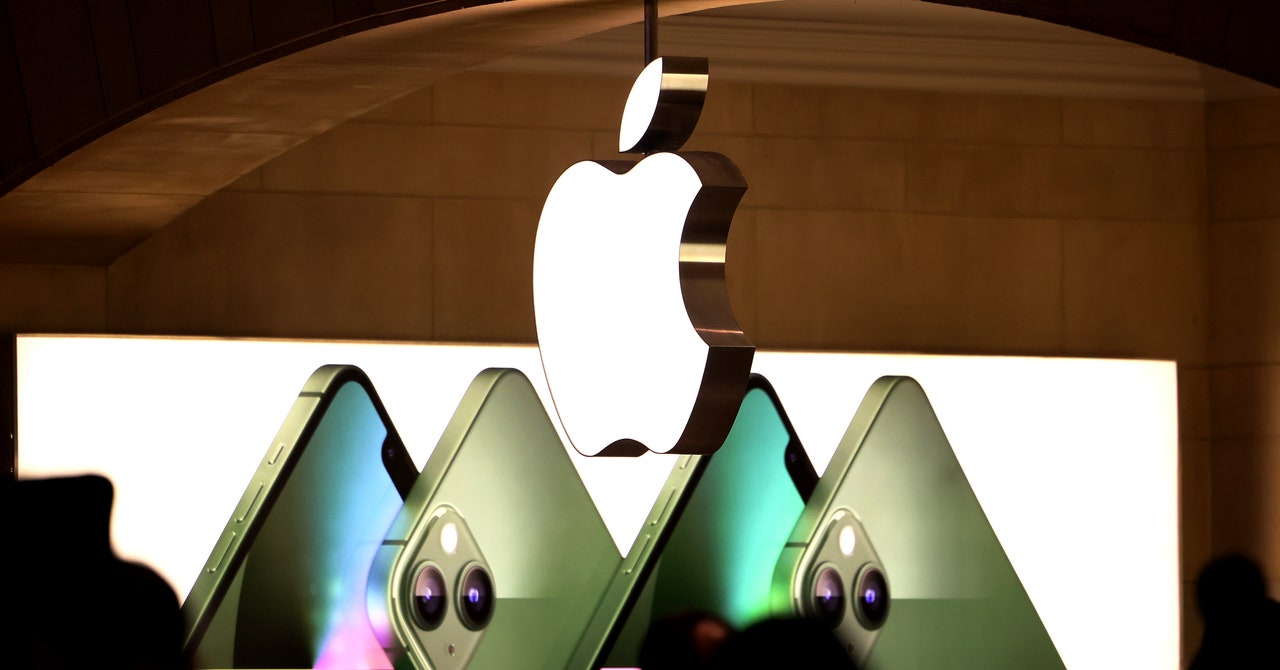
The unreal intelligence incursion has made its method to the App Retailer. BlueMail, an app that makes use of AI to write down emails and handle folks’s calendars, was set to launch an replace to its service that may make the most of OpenAI’s standard ChatGPT engine. Apple, citing ChatGPT’s capability to spew out practically any form of textual content conceivable, blocked BlueMail’s updates out of concern that it may generate textual content that may be offensive or unfit for minors.
Apple didn’t ban BlueMail from the App Retailer completely. It simply stopped the app maker from publishing the replace with out content material restriction filters. Nonetheless, BlueMail’s developer has protested the transfer, saying Apple was stifling its innovation efforts.
Apple’s transfer comes at a time when industries and establishments are coping with the speedy adjustments that generative AI is bringing to content material creation instruments. Some faculties are banning ChatGPT, others are curiously engaging with it. Some journalism outfits are all however replacing employees with AI, others are setting carefully considered, thoughtful boundaries on interact with the tech. Companies from sci-fi magazines to law firms are bracing themselves for the chaos AI may throw their manner. The talk over use AI is prone to develop much more contentious as massive tech corporations and publishers weigh in, making choices about the place to curtail the expertise, and who’s allowed to wield it.
Learn on for extra shopper tech information.
Home windows 11’s Bingy Replace
Talking of generative AI, Microsoft has added its new AI-empowered Bing search options into the newest update for its Home windows 11 working system.
Bing introduced it was incorporating ChatGPT into its in-house search service final month, kicking off a not-so-cold search war with Google. Now, Microsoft is shoehorning BingAI straight into the taskbar on Home windows desktops. It’s a reasonably apparent place to stay it, particularly since Microsoft says the search bar will get utilized by over half a billion folks each month.
Different updates to Home windows 11 embrace enhanced accessibility and energy options and higher telephone hyperlink capabilities with each Android units and iPhones. Additionally, Home windows 8’s infamous tiles are kind of again, within the type of enhanced widgets within the startup menu. Fortunately, they’re elective.
You’ll be able to obtain the Home windows 11 replace manually now, or watch for it to put in robotically within the coming months.
Pixel Watch Will get Fall Detection
Google has been fashionably late to the smartwatch sport. The Pixel Watch, launched again in October 2022, was a number of years behind the Apple, Samsung, and Garmin watches that dominate the market. Undeterred, Google has been plugging away at including options to its clean wrist disc. The most recent is fall detection, aka the “I’ve fallen and I can’t stand up” function. If the gadget detects that the person took a tumble, an alarm will sound and a display screen will pop as much as allow you to point out if it’s a false alarm. When you don’t faucet something for a minute, the Pixel Watch can robotically name 911 and negotiate a rescue in your behalf.
This type of tech is helpful to have in a wearable, however it’s liable to false positives. After Apple up to date its Apple Watch final 12 months to detect crashes in addition to falls, there have been stories of emergency personnel being erroneously referred to as to “assist” customers who fell while skiing or took in any other case protected rides on roller coasters. The Pixel watch does not detect crashes, simply falls, and Google says it ought to be capable to inform the distinction between a tumble you expertise whereas exercising and an precise, debilitating fall. The corporate says the sensors within the Pixel Watch can examine the “responses and instinctive reactions” of your physique to find out in the event you’ve really harm your self, or in the event you’ve fallen and are capable of recuperate.
Simply For You
Practically in every single place you go browsing, algorithms are recommending what to do subsequent. The following video to look at, playlist to take heed to, individual to swipe on—it’s all being recommended by some firm or one other’s data-driven advice engine. This may be nice when it helps you to uncover a brand new artist or creator to comply with. It may be much less nice if it leads somebody down a darkish web rabbit gap or lands your big firm earlier than Congress or the Supreme Courtroom.
Jonathan Stray, a senior scientist on the Berkeley Middle for Human-Suitable AI who research on-line advice methods, joins WIRED’s Gadget Lab podcast this week to speak about how stuff will get recommended to folks and the way which may affect their beliefs.






